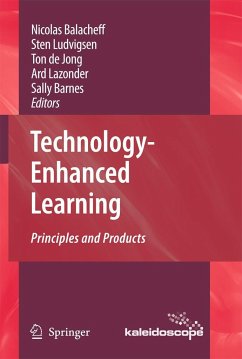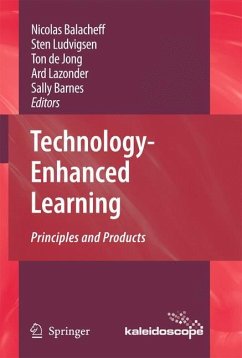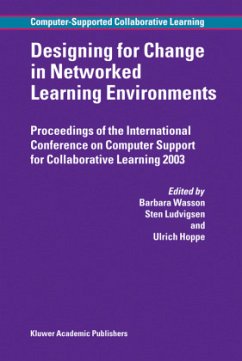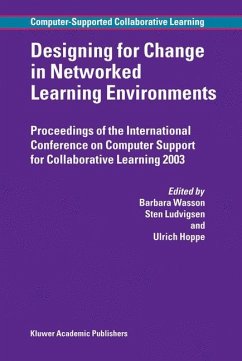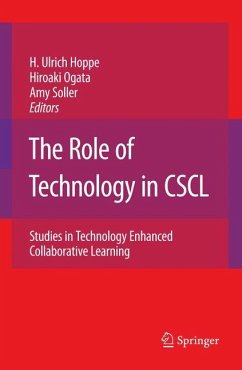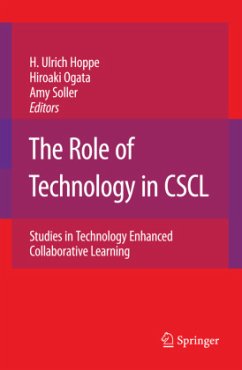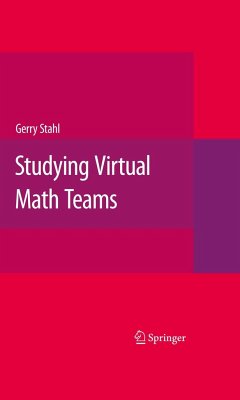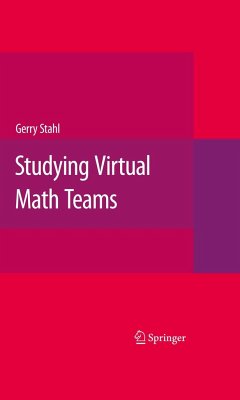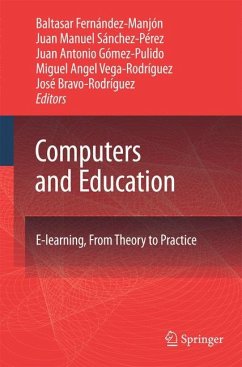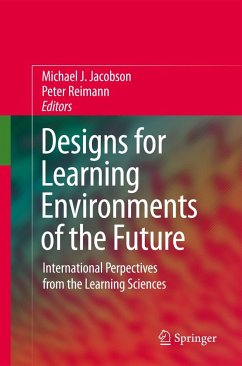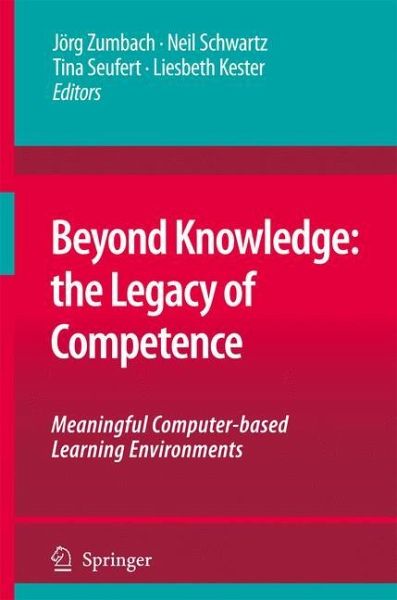
Beyond Knowledge: The Legacy of Competence
Meaningful Computer-based Learning Environments
Herausgegeben: Zumbach, Jörg; Schwartz, Neil; Seufert, Tina; Kester, Liesbeth
Versandkostenfrei!
Versandfertig in 1-2 Wochen
153,99 €
inkl. MwSt.

PAYBACK Punkte
77 °P sammeln!
The edited and peer reviewed volume presents selected papers of the conference "Beyond knowlegde: the legacy of competence" organized by EARLI SIG Learning and Instruction with Computers in cooperation with SIG Instructional Design. It reflects the current state-of-the-art work of scholars worldwide within the area of learning and instruction with computers. Mainly, areas of computer-based learning environments supporting competence-focused knowledge acquisition but also foundational scientific work are addressed. More specific, contents cover cognitive processes in hypermedia and multimedia l...
The edited and peer reviewed volume presents selected papers of the conference "Beyond knowlegde: the legacy of competence" organized by EARLI SIG Learning and Instruction with Computers in cooperation with SIG Instructional Design. It reflects the current state-of-the-art work of scholars worldwide within the area of learning and instruction with computers. Mainly, areas of computer-based learning environments supporting competence-focused knowledge acquisition but also foundational scientific work are addressed. More specific, contents cover cognitive processes in hypermedia and multimedia learning, social issues in computer-supported collaborative learning, motivation and emotion in Blended Learning and e-Learning.





